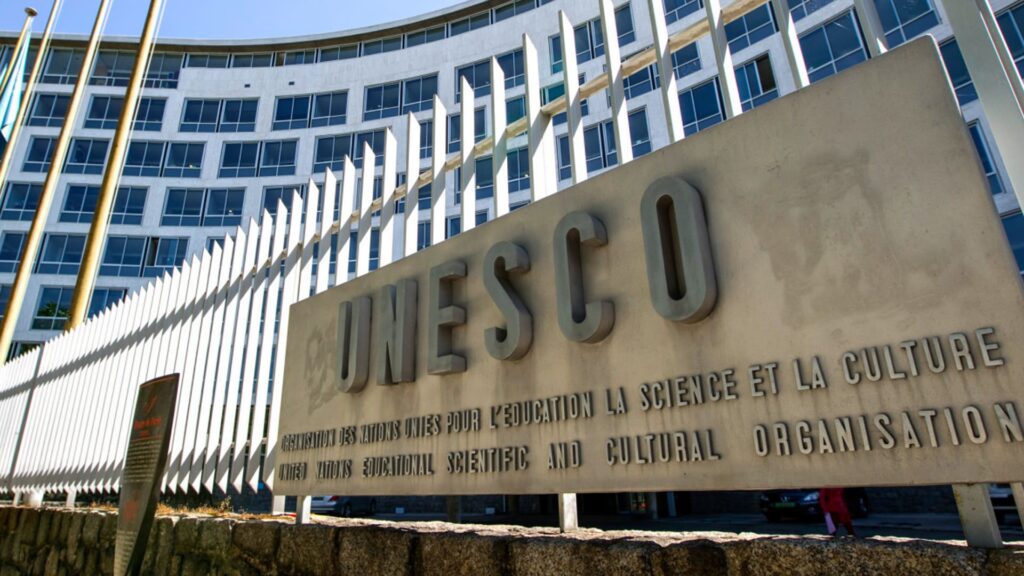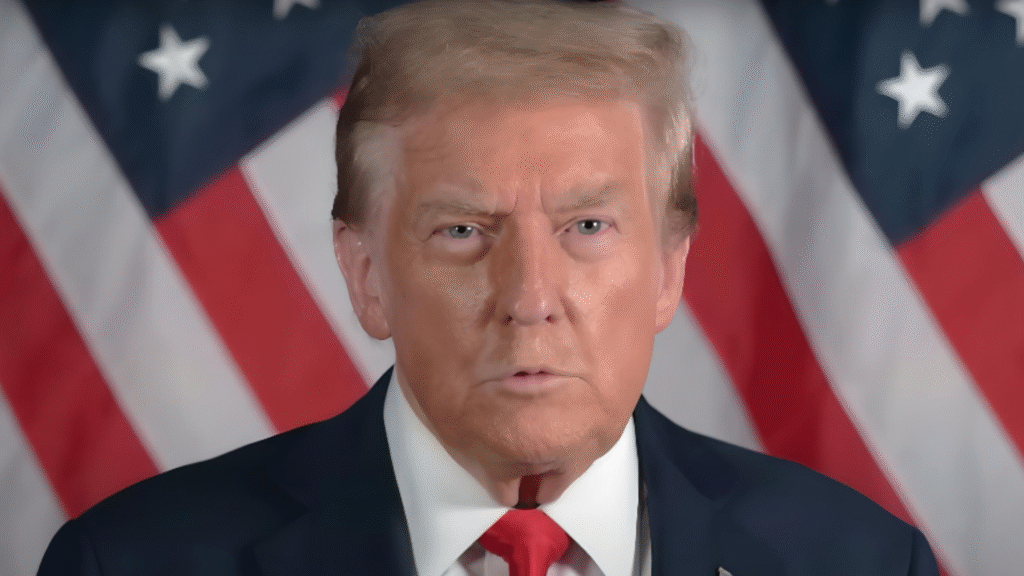On July 22, 2025, President Donald Trump officially announced the United States’ intention to withdraw from the United Nations Educational, Scientific and Cultural Organization (UNESCO). According to the administration, the move was prompted by “unacceptable ideological bias” and “systemic partisanship” within the organization. The decision will take effect on December 31, 2026.
However, against the backdrop of a rapidly changing world and renewed global efforts to rebuild cooperation after a series of crises — from climate to humanitarian — the withdrawal of the world’s largest economy from one of the oldest international institutions raises not just alarm, but fundamental questions: about the U.S. role in the 21st century, the limits of national interest, and the future of platforms designed for mutual understanding.
A Political Signal
President Trump, re-elected amid deep polarization in American society, framed the withdrawal as a symbol of “reclaiming sovereignty” and protecting “national values from external influence.” Officials criticized UNESCO for supporting initiatives on equity, anti-discrimination, and cultural transformation — describing these programs as promoting a “divisive ideology.”
These statements reflect a broader political doctrine centered on a retreat from universalist principles that had dominated international relations in previous decades. Instead, the administration is prioritizing a return to the primacy of the nation-state, free from supranational obligations. In this context, international institutions are portrayed as no longer neutral, but increasingly driven by specific agendas that do not align with American interests.
History Repeats Itself
This marks the third time the United States has withdrawn from UNESCO. The Reagan administration pulled out in 1984 over allegations of corruption and ideological bias. In 2017, Trump initiated another withdrawal, citing anti-Israel sentiment and financial concerns. The U.S. rejoined in 2023 under President Joe Biden, only to now reverse course again.
But this time, the implications may run deeper. The withdrawal comes at a time when digital education, cultural heritage protection, and scientific collaboration are at the forefront of global challenges — from artificial intelligence to climate crises. Despite criticism, UNESCO remains one of the few platforms where countries with vastly different political systems negotiate shared principles such as freedom of expression, cultural diversity, and access to education.
Between Dialogue and Isolation
As many nations work to rebuild trust after the turbulence of the 2020s, the U.S. decision appears as a deviation from the course of global reconnection. Recent UNESCO initiatives — combating online disinformation, restoring post-war cultural heritage, and inclusive education programs across the Global South — have gained renewed relevance. Ignoring these efforts may be seen as an abdication of responsibility in shaping a future where knowledge and culture are universal rights, not political bargaining chips.
The international response was swift. Several governments from Europe, Latin America, and Africa expressed regret over the U.S. move, emphasizing the importance of dialogue and multilateral engagement. UNESCO Director-General Audrey Azoulay stated that the organization would continue to work “for the benefit of all humanity,” regardless of political fluctuations.
What Comes Next?
Abandoning participation in international institutions could have long-term consequences not only for U.S. foreign policy but also for its internal cultural and educational landscape. As history shows, any vacuum left by a major power is soon filled by others. Will this shift strengthen the influence of states with different values? Will global priorities change in the absence of U.S. engagement? These questions remain unanswered.
But one thing is clear: the world is less and less a place where one can build walls — even if those walls are made not of bricks, but of policy decisions.



